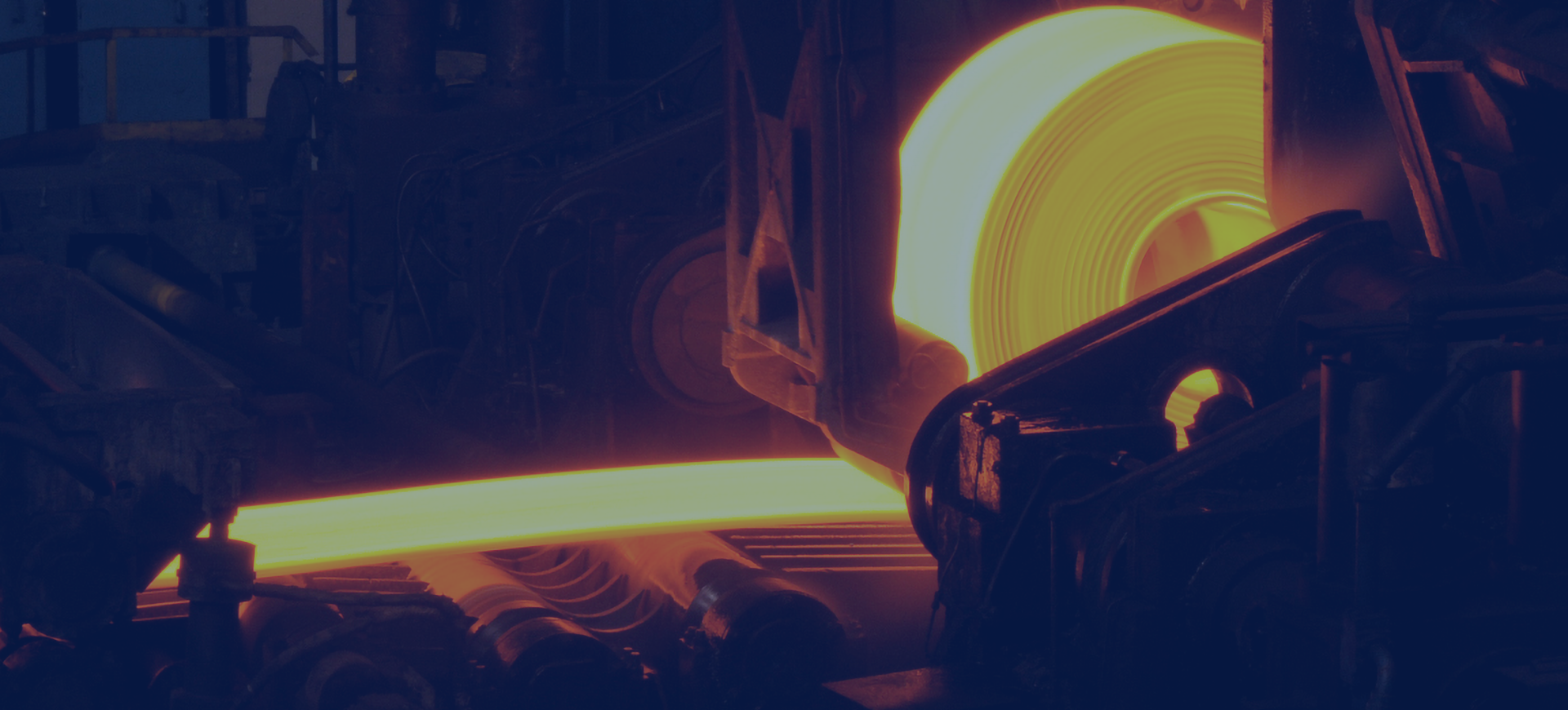China’s Baowu Australia Hardey iron ore project is expected to restart, with an annual output of 40 million tons!
On December 23rd, China Baowu Iron and Steel Group’s first “Company Day”. At the ceremony site, the Hardey iron ore project in Australia led by Baowu Resources made breakthrough progress and completed the “cloud signing”. This signing means that the iron ore project with an annual output of 40 million tons is expected to be restarted, and China Baowu is expected to obtain a stable and high-quality source of iron ore imports.
The Hardey deposit is the highest-grade iron ore depository of Australia’s Premium Iron Ore Project (API), with an iron ore content of more than 60% exceeding 150 million tons. The Direct Shipment Iron Ore (DSO) project developed by Aquila, a subsidiary of Baowu Resources, in collaboration with other joint ventures, and Hancock, the fourth largest iron ore producer in Australia. China Baowu Iron and Steel Group actually owns a high-quality iron ore project ( API)’s 42.5%, its development is of great significance to China’s Baowu iron ore international resource guarantee strategy.
The project is a long-term project involving mines, ports, and railway projects. The initial planned development cost was US$7.4 billion and the planned annual production of 40 million tons.
In May 2014, Baosteel urgently needed to obtain new iron ore resources, and together with Australia’s largest railway operator, Aurizon, acquired Aquila for A$1.4 billion, thereby acquiring 50% of the shares in Australia’s high-quality iron ore project (API). The remaining shares were owned by South Korean steel giants. Pohang Iron and Steel (POSCO) and investment institution AMCI hold.
At that time, the benchmark iron ore price was close to US$103 per ton. But the good times are not long. With the expansion of top miners in Australia and Brazil, and the decline in Chinese demand, the global iron ore supply is surplus, and iron ore prices are “flying down”.
In May 2015, relevant partners such as Baosteel Group, Pohang Steel, AMCI and Aurizon announced that they would postpone the decision to advance the project until the end of 2016.

On December 11th, 2015, the price of iron ore with a grade of 62% and a destination in Qingdao hit a low of US$38.30, a record low since the daily quotation data in May 2009. The operator directly announced the feasibility of stopping the project. Sexual research work is due to poor market conditions and uncertain future supply and demand conditions.
So far, the project has been on hold.
According to foreign media reports, Australia’s fourth-largest iron ore producer Hancock and China’s Baowu joint venture signed an agreement to export iron ore from the Hardey project through the Roy Hill railway and port. There is no need to build new ports and railways, and the development of Australia’s high-quality iron ore project (API) has also removed the biggest obstacle, and development has been put on the agenda.
According to foreign media reports, the first ore of the Hardey project is expected to be shipped in 2023. However, with the advancement of projects such as Simandou Iron Mine, China already has cheaper alternatives, and its production scale may now be reduced.
But in any case, the start of the Hardey project will once again enhance the voice of Baowu and China’s steel industry chain, and improve my country’s iron ore resource guarantee capabilities.
In recent years, through continuous mergers and reorganizations, Baowu Group has continued to enrich the reserves of iron ore resources, especially in terms of overseas resources.
In Australia, the Baosteel Group, before the reorganization, established the Baoruiji Iron Ore Joint Venture with Hamersley Iron Ore Co., Ltd. of Australia in 2002. The project was put into operation in 2004 and will be put into operation every year for the next 20 years. Exported 10 million tons of iron ore to Baosteel Group; in 2007, Baosteel cooperated with Australian iron ore company FMG to explore the Glacier Valley magnetite resources with reserves of 1 billion tons; in 2009, it acquired 15% of the shares of Australian mining company Aquila Resources , Became its second largest shareholder; in June 2012, it established Iron Bridge with FMG and merged two iron ore project mining interests in Australia. Baosteel Group accounted for 88% of the shares; the iron ore of the Hardey project was in 2014 Purchased in…
Baowu Group acquired the Chana Iron Mine, Zhongxi Iron Mine and other resources in Australia through the acquisition of Sinosteel; acquired Maanshan Iron and Steel and Wuhan Iron and Steel, and obtained the Australian Willara Iron Mine joint venture, etc…
In Africa, Baowu Group is planning to build Simandou iron ore (Simandou) in Guinea, Africa. The total reserves of Simandou iron ore exceed 10 billion tons, and the average iron ore grade is 65%. Mined iron ore with the largest reserves and the highest ore quality.
At the same time, Baoyu Liberia, a joint venture established by Baosteel Resources (50.1%), Henan International Cooperation Group (CHICO, 40%) and China-Africa Development Fund (9.9%), is exploring exploration in Liberia. Liberia’s iron ore reserves are 4 billion to 6.5 billion tons (iron content 30% to 67%). It is the second largest iron ore producer and exporter in Africa. It is adjacent to Sierra Leone and Guinea, China’s important iron ore overseas bases. It is expected to become another overseas base in China.
It can be seen that Baowu Group, through its development in recent years, has already occupied an important position in the global competition for iron ore resources and has become one of the most important windows for China to go global.
Post time: Dec-23-2021









